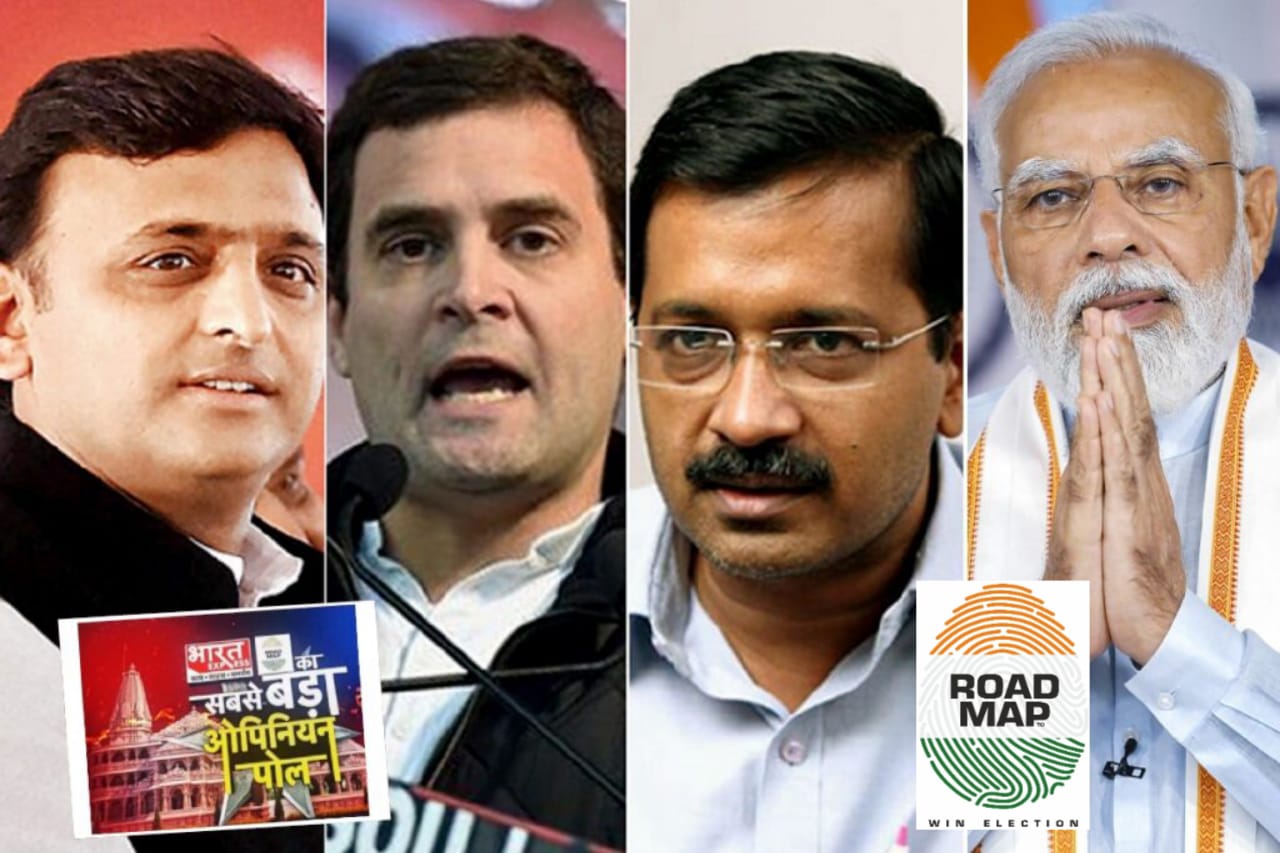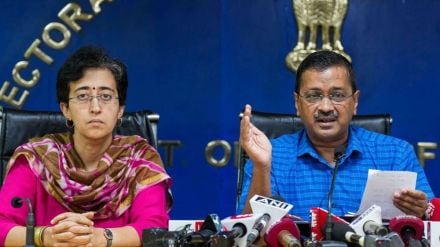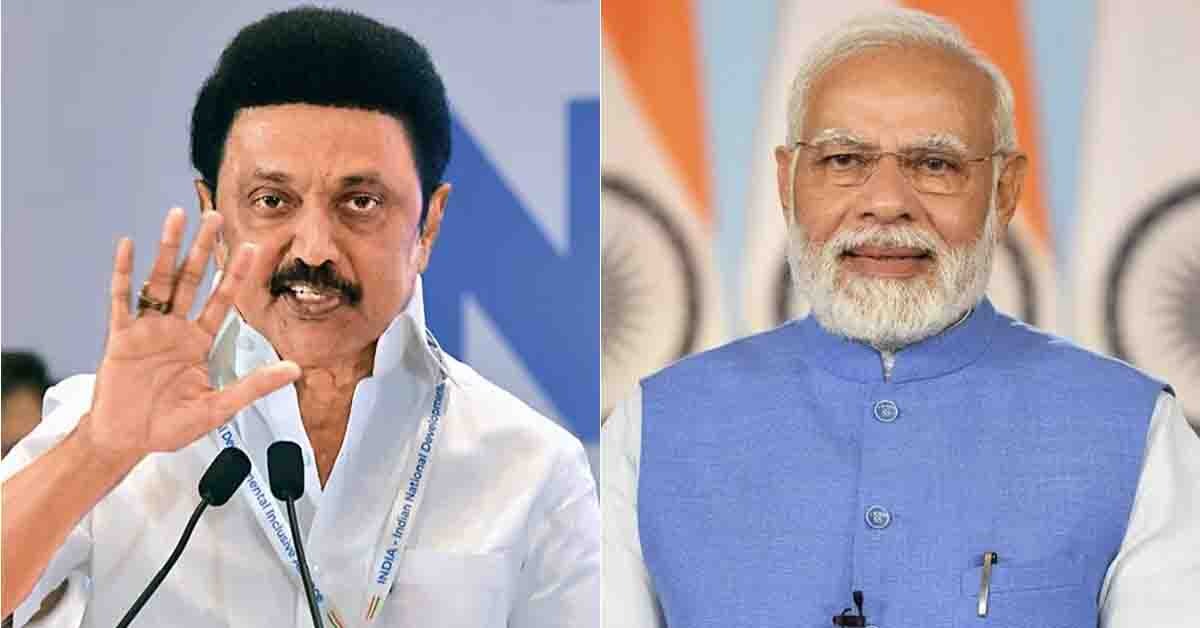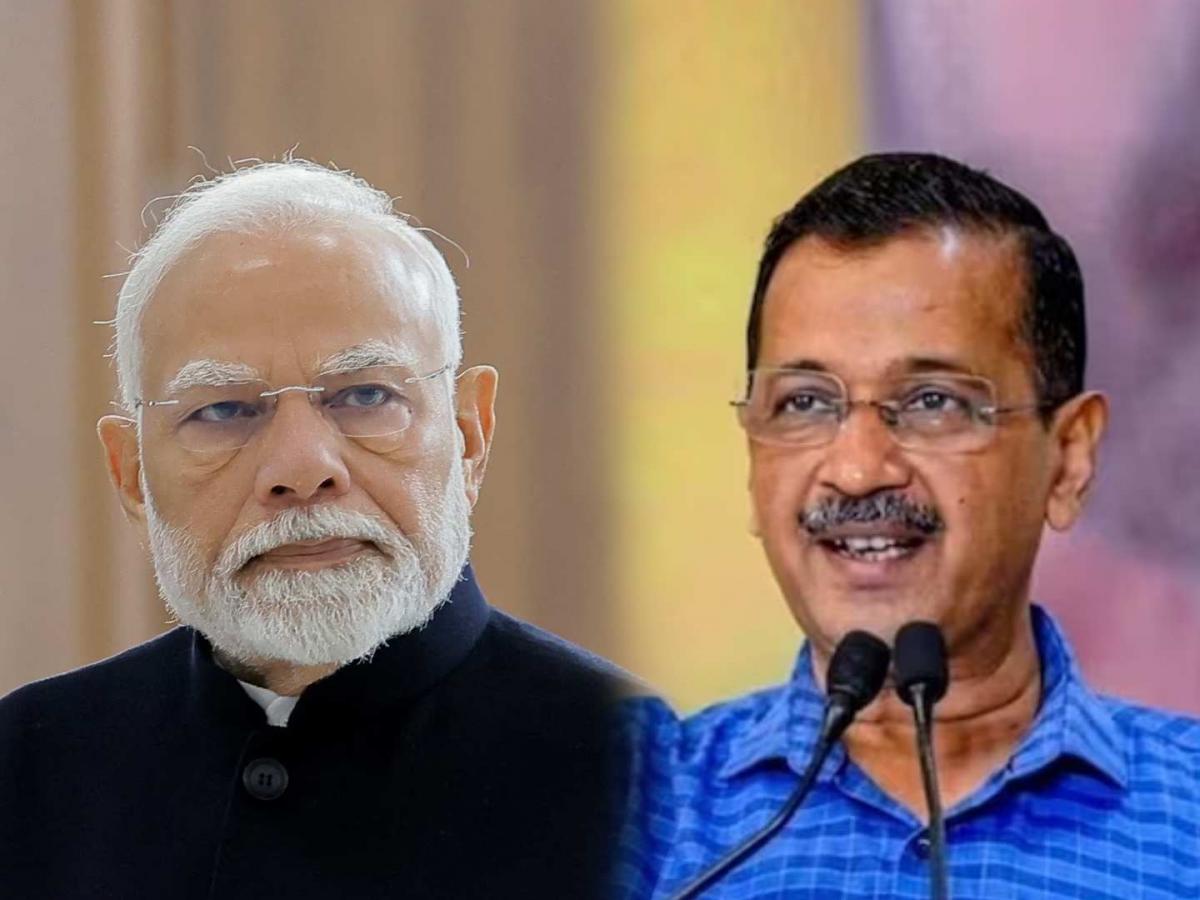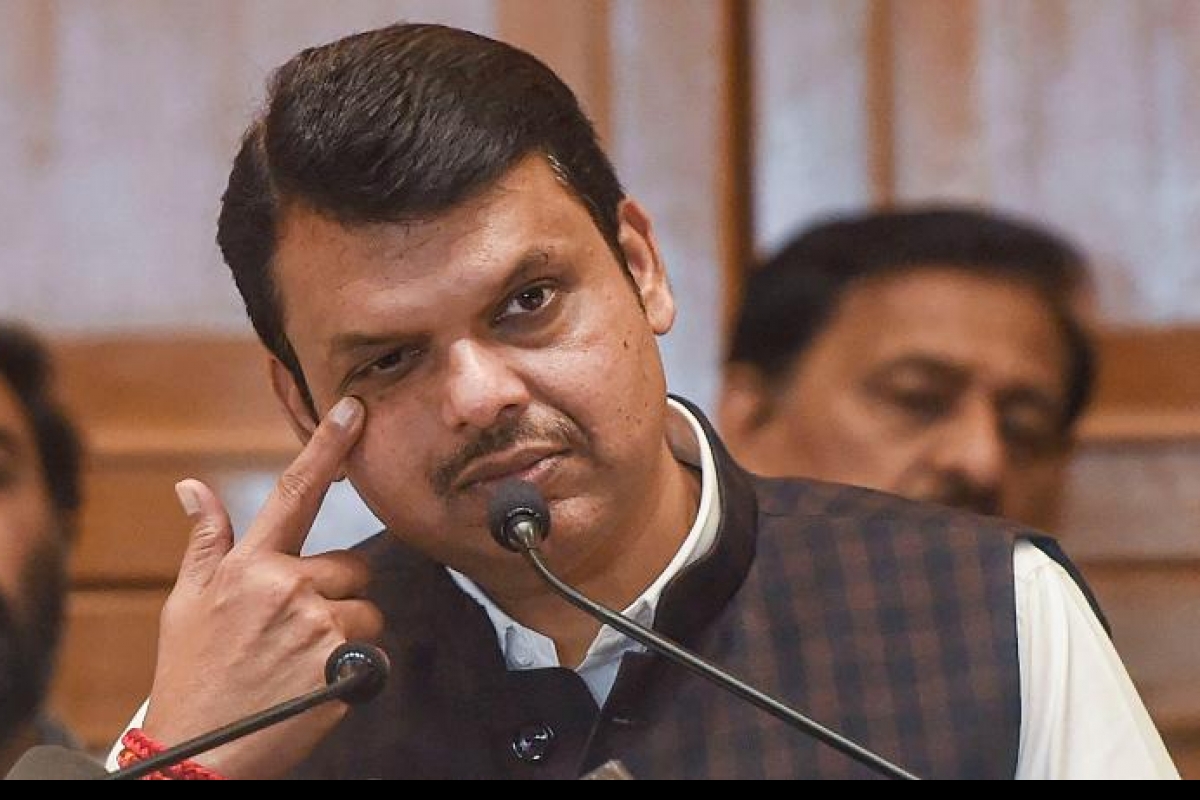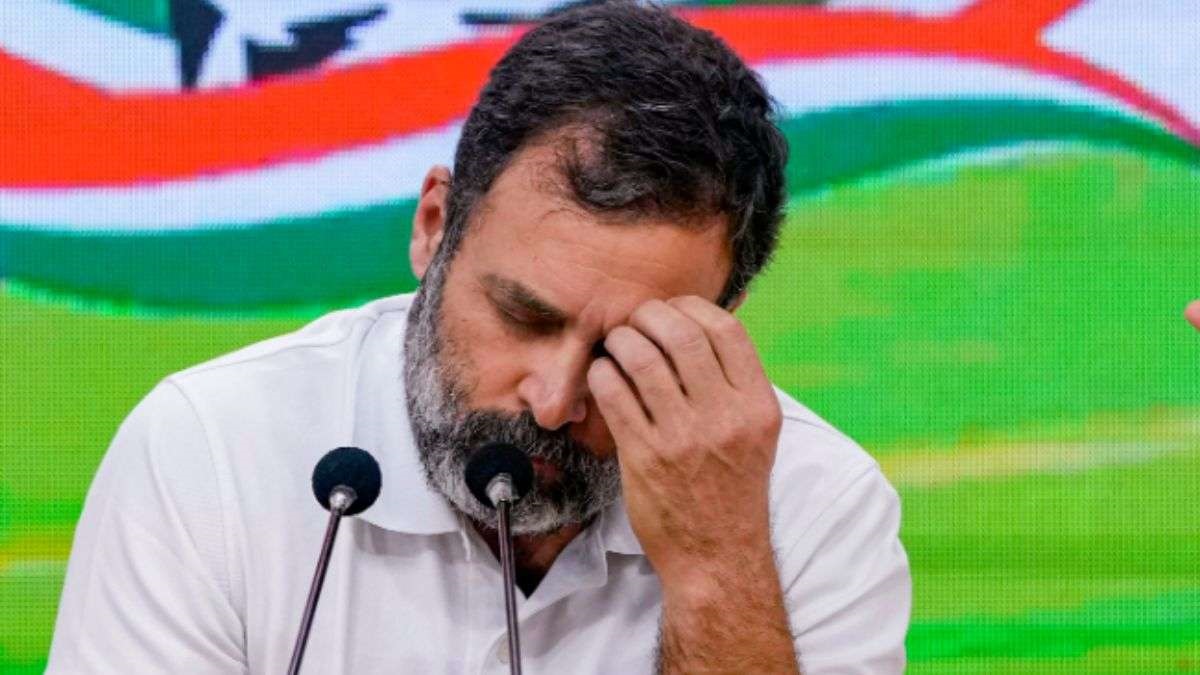The recent enactment of the Waqf (Amendment) Act, 2025—renamed the Unified Waqf Management, Empowerment, Efficiency and Development Act (UMEED)—represents more than just a legislative shift in the governance of religious endowments. While the government projects it as a transparency-driven reform, aimed at cleaning up waqf management and ensuring efficiency, the political undercurrents are unmistakable.
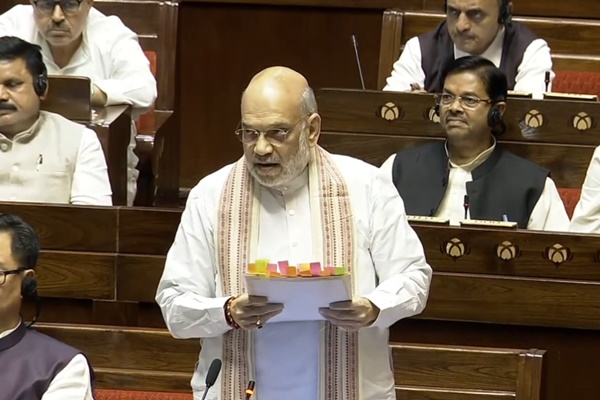
The Act introduces several notable provisions: waqf bodies must register properties on a centralized digital portal within six months, undergo mandatory audits for incomes above ₹1 lakh, and can now include non-Muslim members in management boards. More controversially, it abolishes the “waqf by user” principle—ending the practice of recognizing waqf based solely on long-term religious usage.
What appears to be a governance reform on the surface carries deeper political implications. As someone who has closely worked with political experts and analyzed electoral behavior across the heartland, it is clear that this move is calibrated to consolidate Hindu sentiment and reposition the BJP as a party of “decisive, secular governance”—especially in the run-up to critical state elections in Bihar (2025), West Bengal (2026), and Uttar Pradesh (2027).
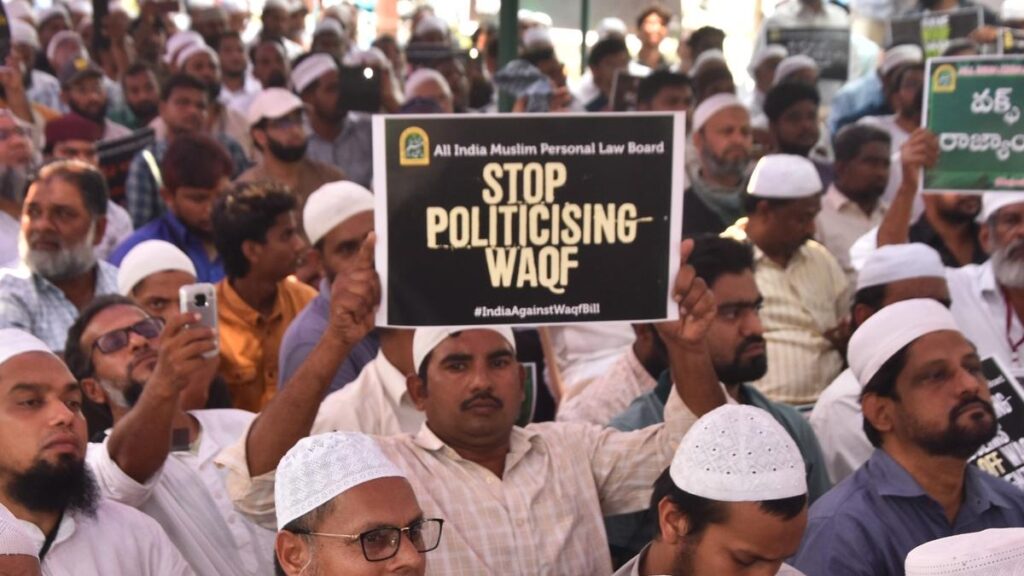
The BJP has mastered the art of legislative signaling—initiating seemingly administrative changes that simultaneously energize its ideological base. By projecting the waqf reform as a step toward institutional parity and transparency, the party not only counters accusations of minority appeasement but also appeals to a wide spectrum of Hindu voters, particularly in electorally sensitive states.
In Bihar, where caste politics traditionally dominates, the waqf reform narrative provides the BJP an opportunity to polarize subtly on religious lines—positioning itself as the party correcting historical “injustices.” In Bengal, where land and identity politics intertwine, the state’s significant waqf land holdings make this Act especially relevant. And in Uttar Pradesh, where the BJP seeks to retain its dominance in 2027, this reform allows the party to reinforce its governance credentials while subtly reinforcing Hindutva messaging.
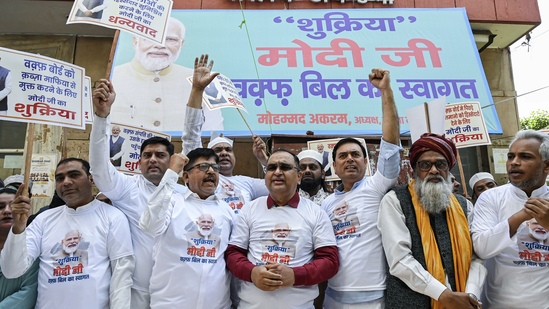
But the Act is not without consequences. Legal experts have already raised concerns regarding its constitutionality, particularly in light of Article 26, which protects the rights of religious communities to manage their affairs. Socially, it risks being seen by many in the Muslim community as yet another intrusion into religious autonomy.
The BJP seems prepared for this resistance. The move isn’t just legislative—it is narrative control. It reinforces the message: no institution, however religious or historic, is above reform and national interest.
In the end, this isn’t just about waqf. It’s about electoral strategy, ideological signaling, and administrative assertion—all rolled into one.
Whether this law reforms institutions or reshapes India’s political discourse, one thing is certain: it sets the tone for the road to Bihar, Bengal, and Uttar Pradesh.
Insights drawn from the field research and political expertise of Sunil Mishra, Chief Poll Consultant at Roadmap to Win Research.

